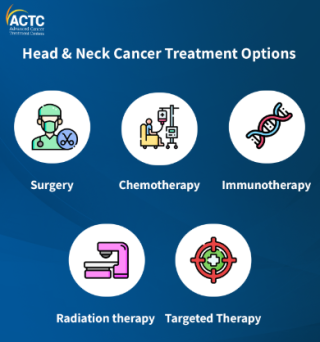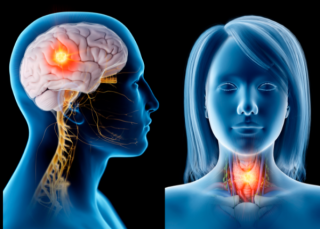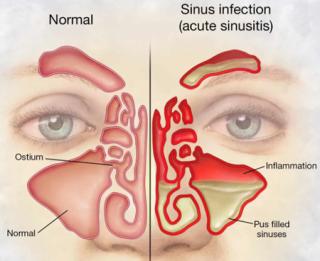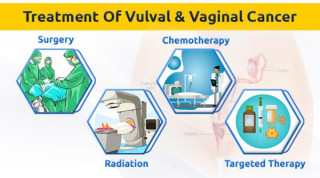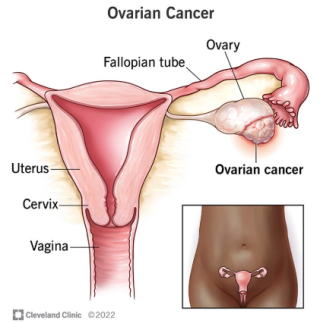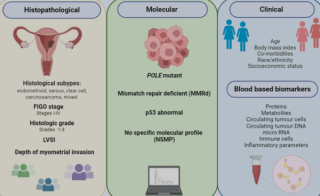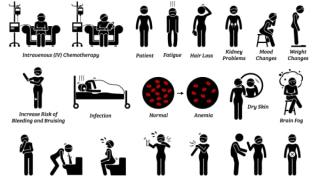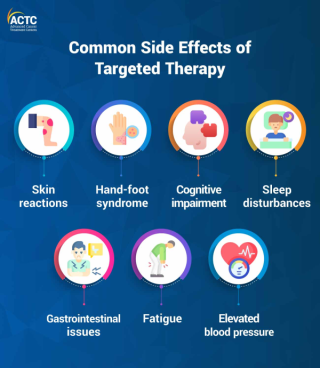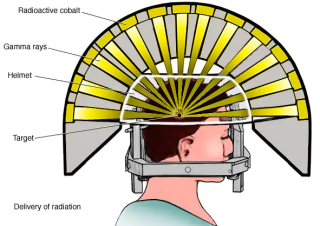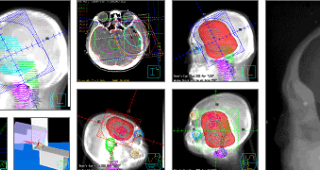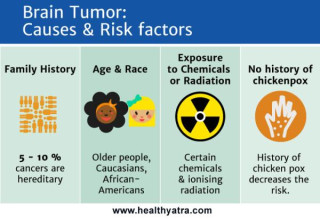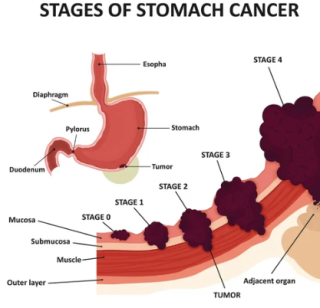Navigating Clinical Trial Decisions for Head and Neck Cancer Treatmentcreated at May 09, 2009 1,301 1,301 Clinical trial decisions for head and neck cancer treatment depend on several factors, |
Exploring Treatment Options Beyond Surgery for Head and Neck Cancerscreated at May 09, 2009 1,288 1,288 Treatment options for head and neck cancers beyond surgery include radiation therapy, |
Navigating Life After Head and Neck Cancer Treatment: Practical Advice and Supportcreated at May 09, 2009 1,293 1,293 Life after head and neck cancer treatment involves a multifaceted recovery process focusing on physical rehabilitation, |
What are the symptoms of PCOS?created at Oct 08, 2009 1,302 1,302 Understanding the Symptoms of Polycystic Ovary Syndrome (PCOS)Polycystic Ovary Syndrome (PCOS) is a hormonal disorder common among women of reproductive age.Its symptoms can vary significantly from person to person, |
How is Hodgkin's disease treated?created at May 22, 2009 1,396 1,396 Hodgkin's disease treatment depends on the stage and type of the disease, |
Managing Expectations: How Long Until You Feel Better with Sinusitis Treatmentcreated at May 08, 2009 1,358 1,358 One common question that arises among individuals undergoing treatment for sinusitis is, |
Exploring the Rise in Sinusitis: Understanding the Factors Behind the Increaseupdated at Nov 08, 2025 1,410 1,410 The Alarming Increase in Sinusitis CasesIn recent years, |
Unveiling the Culprits: Understanding the Causes of Sinusitisupdated at Oct 30, 2025 1,338 1,338 Sinusitis, |
Side Effects of Vulvar Cancer Chemotherapyupdated at Nov 08, 2025 1,437 1,437 Chemotherapy for vulvar cancer can lead to a variety of side effects, |
Exploring Three Vulvar Cancer Treatmentscreated at May 05, 2009 1,303 1,303 Three common treatments for vulvar cancer include surgery, |
Navigating Ovarian Cancer Treatment - Key Questions to Ask Your Doctorcreated at May 05, 2009 1,419 1,419 Ovarian cancer treatment depends on the stage, |
What's new in endometrial cancer research and treatment?created at May 05, 2009 1,330 1,330 Recent advancements in endometrial cancer research focus on improving risk stratification through genomic profiling and identifying novel biomarkers for early detection and prognosis.Immunotherapy, |
Navigating the Side Effects of Cancer Treatmentcreated at May 04, 2009 1,522 1,522 Cancer treatment, |
What are the Side Effects of Treatment for Colorectal Cancer?updated at Nov 08, 2025 1,491 1,491 Side effects from colorectal cancer treatment are highly variable, |
Precision Treatment: Understanding Stereotactic Radiosurgery for Brain Tumorscreated at May 04, 2009 1,424 1,424 Stereotactic radiosurgery (SRS) is a precise radiation therapy technique used to treat brain tumors and other lesions.It delivers a highly focused, |
Exploring Chemotherapy: A Powerful Weapon Against Cancercreated at May 04, 2009 1,359 1,359 Chemotherapy, |
Understanding the Side Effects of Brain Tumor Treatmentcreated at May 04, 2009 1,468 1,468 Brain tumor treatments, |
Understanding Radiation Therapy for Brain Tumorscreated at May 04, 2009 1,479 1,479 Radiation therapy for brain tumors uses high-energy radiation to kill cancer cells and shrink tumors.This can be delivered externally through a linear accelerator (external beam radiation therapy) or internally via implanted radioactive seeds (brachytherap... |
Unraveling the Enigma: Exploring the Causes of Brain Tumorscreated at May 03, 2009 1,504 1,504 The precise causes of brain tumors remain largely unknown, |
Exploring Treatment Options for Bone Cancer: A Comprehensive Guidecreated at May 03, 2009 1,562 1,562 Treatment for bone cancer depends on several factors including the type and location of the cancer, |
The basic information for Stomach cancercreated at May 03, 2009 1,386 1,386 Stomach cancer, |

